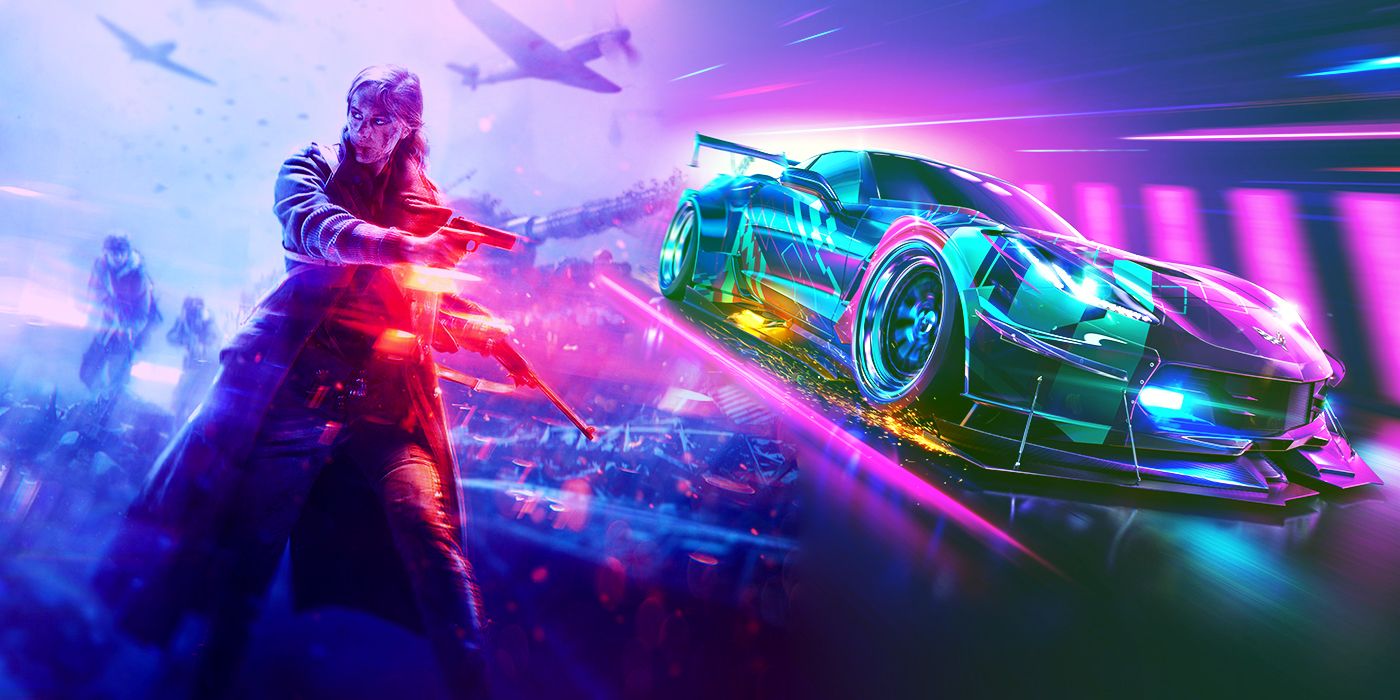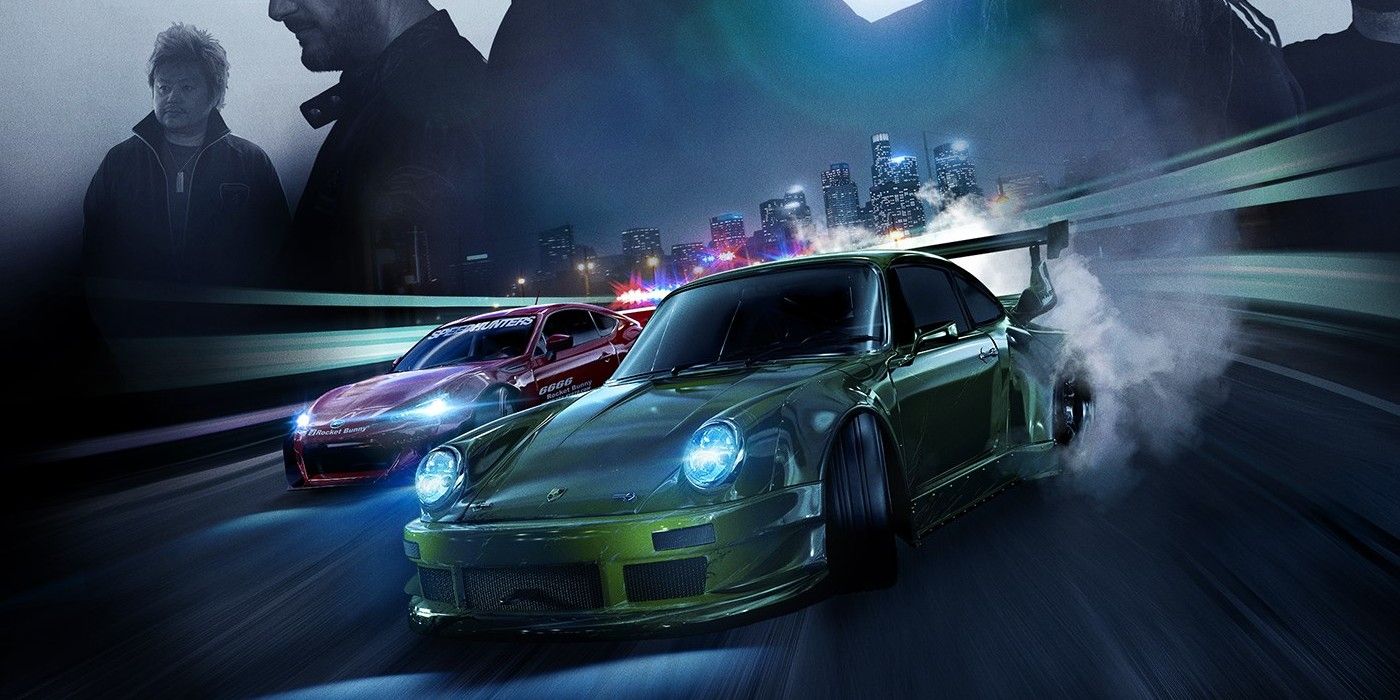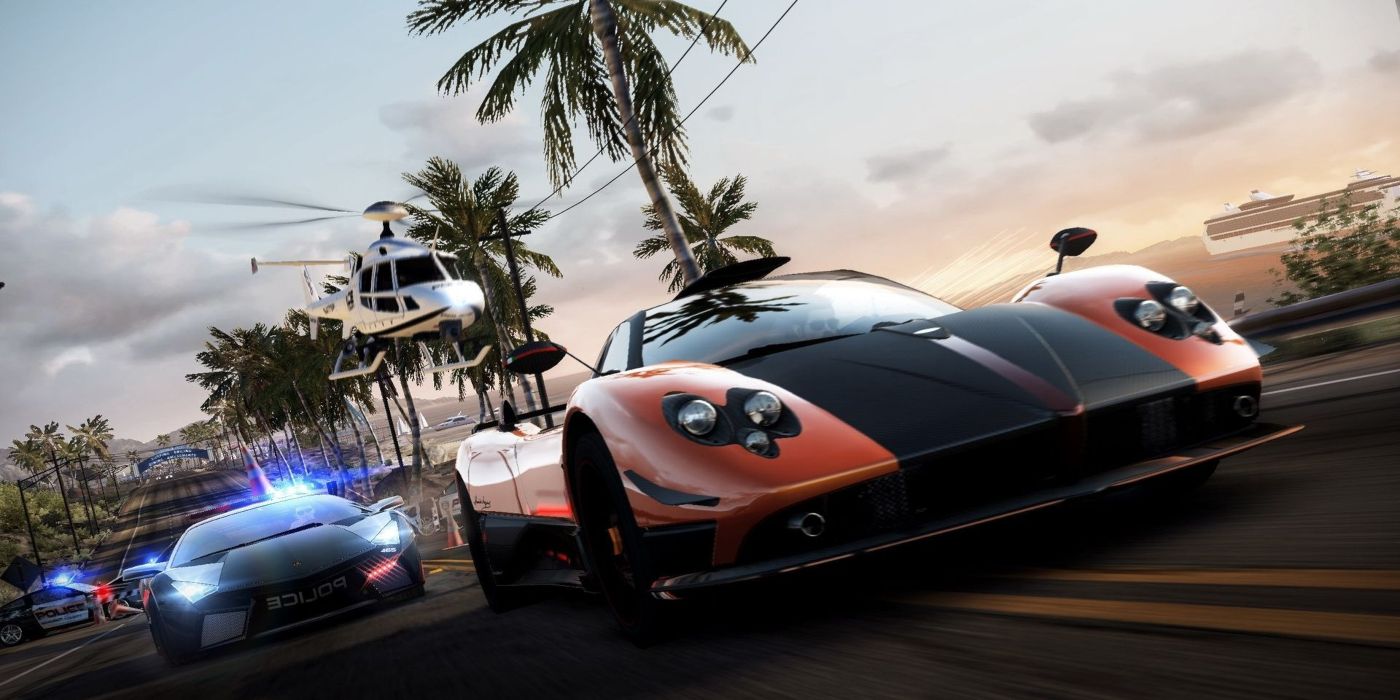EA's been in a strange place the last few years, with its premier non-sports titles ending up on the backfoot compared to similar titles. Battlefield 5's disappointment made way for games like Call of Duty: Modern Warfare, and now Black Ops Cold War, at the mainstream first-person shooters. Need for Speed has been supplanted by simulatory and arcade-like experiences such as Forza Horizon or Dirt 5. Ironically enough, EA even acquired Codemasters to expand its racing catalogue beyond just Need for Speed. Yet, while Codemasters will continue with its own independent racing projects, Need for Speed's developer will assist in Battlefield development this year.
As EA and DICE prepare a grand return for Battlefield this fall, the publisher has also tapped Criterion Games to assist with supplemental development on Battlefield. Set to debut this fall, Battlefield 6 (or whatever the next entry is named) presumably aims to reignite the franchise after Battlefield 5's troubled release. Criterion, being the main developer of the Need for Speed series, has had to delay this year's entry to 2022 because of Battlefield's development. If anything, devoting more development time to Need for Speed can only benefit the franchise, which has struggled with relevancy for nearly a decade.
Battlefield Needs Redemption, Need for Speed Requires Reinvention
Even if both the Battlefield and Need for Speed franchises are primed for a comeback during this new console generation, Battlefield already has the advantage. Unlike EA's iconic racing series, Battlefield's had a minor misstep in an otherwise very successful tenure as EA's flagship first-person shooter. Battlefield 5 is only a relatively recent failure in the wake of successful entries like Battlefield 1, Battlefield 4, Battlefield 3, and even Bad Company 2. Battlefield's redemption arc, so to speak, isn't a long time coming. Battlefield 5 was relatively slow on the uptake when it came to balance changes and post-launch content, something the next game presumably won't repeat.
As for Need for Speed, it's a completely different story. The franchise's overall decline is attributed to multiple Need for Speed games that weren't able to match previous successes like 2010's Need for Speed: Hot Pursuit, or any of the earlier titles like Underground or Most Wanted. The most recent entry, Need for Speed Heat, made massive strides and improvements over previous iterations, but it still paled in comparison to games almost a decade old. Before that, Need for Speed Payback, Need for Speed 2015, Need for Speed Rivals, 2012's Need for Speed: Most Wanted, and Need for Speed: The Run were all critically and commercially lackluster entries.
Time Can Only Benefit the Need for Speed Franchise
Need for Speed's biennial release schedule has put the franchise into a perpetual state of fatigue that it hasn't managed to escape since 2011. This most recent delay will be the first time in almost a decade where Need for Speed won't follow its typical release schedule of every two years. Of course, this can primarily be attributed to Battlefield's development necessitating additional support. However, extra time between Need for Speed entries can only benefit the next installment, despite being delayed into 2022. Need for Speed needs time to marinate and adjust the franchise, largely by looking back on past failures and learning from what was lacking.
Time can only provide that perspective to Need for Speed. Gameplay-wise, the series has been all over the place, with each release between Need for Speed: The Run and Need for Speed Heat making significant changes to handling, sense of speed, and other pivotal gameplay aspects. Mechanics in the last four or five Need for Speed games have basically been a testing ground for different gameplay styles, rather than a consistently improved driving model. Paired with narratives wildly differentiating from uninteresting to excruciatingly irrelevant, Need for Speed as a franchise has been anything but consistent in design, as well as critical/commercial reception.
Inspiration may not necessarily stem from working on Battlefield, even though adding destruction-style elements a la Burnout wouldn't be unwelcome. That being said, Need for Speed needs to harken back to its glory days if it's going to ever recreate similar success. There were hints of Criterion Games doing just that with Need for Speed Heat, and tangentially so with Need for Speed: Hot Pursuit 2010's remaster. Stronger influence from the critically-acclaimed titles of Need for Speed's past can only help the series. 2010's Need for Speed: Hot Pursuit is a good start, but it pales in comparison to the heights of 2005's Most Wanted and 2003's Underground.
Need for Speed 2022 is in development.



